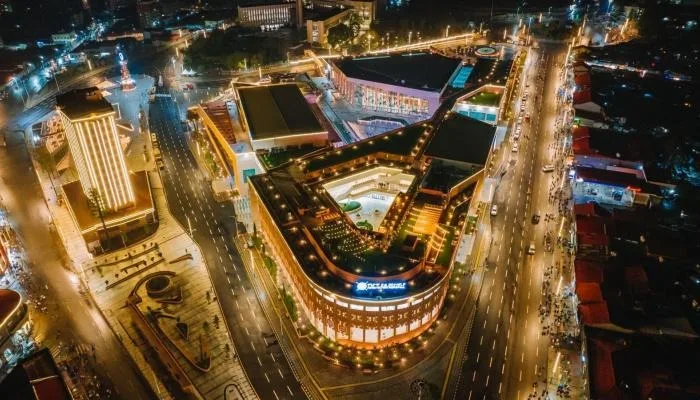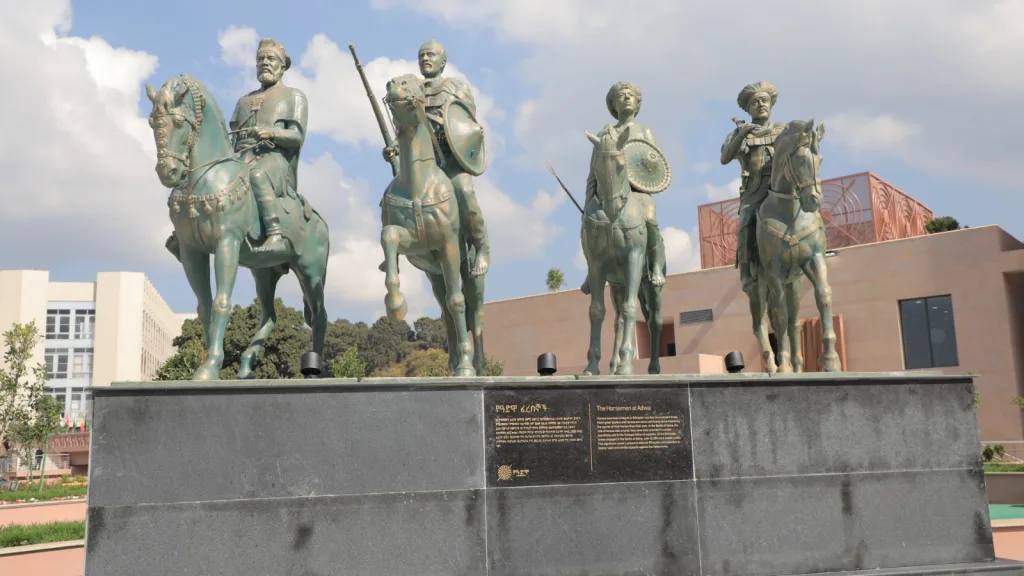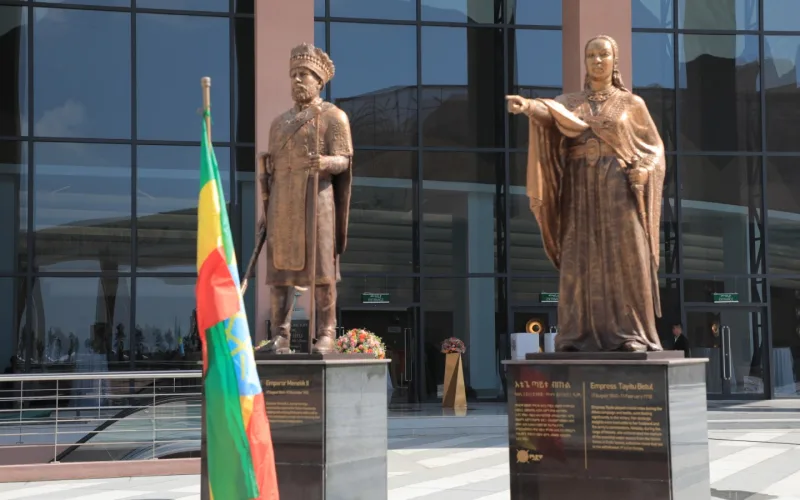Ethiopia commemorates the historic victory of Adwa with the inauguration of the Adwa Victory Museum, marking 128 years since the pivotal anticolonial war that safeguarded Ethiopian sovereignty against Italian colonial ambitions.
The Adwa victory stands as a testament to the resilience and determination of Ethiopian patriots who repelled colonial forces seeking to subjugate the nation, amidst the backdrop of the European powers’ partitioning of Africa during the Berlin Conference.
The significance of the Adwa victory, which occurred in 1896, reverberates throughout Ethiopian history and is annually celebrated on February with various events and ceremonies.

Despite the monumental importance of this triumph, Ethiopia lacked a dedicated museum to honor the memory of the war leaders and commemorate the sacrifices made during this historic battle.
The construction of the Adwa Victory Museum, a project initiated five years ago under the leadership of former Addis Ababa mayor Takele Uma, culminated in its official inauguration on February 11, 2024.
Situated across 5 acres of land, the museum features 5 floors and 8 gates, including two underground levels, symbolizing the depth of Ethiopia’s historical legacy.
The museum houses a comprehensive collection of artifacts, including weapons utilized during the Adwa war, documents outlining the agreements and provocations that precipitated the war, and memorials dedicated to the leaders and participants who contributed to the victory.
Emperor Menelik II and Empress Taytu, instrumental figures in orchestrating Ethiopia’s defense, are prominently commemorated alongside other war leaders, farmers, and participants.
The construction of the museum, financed entirely by the government at a cost of 4.6 billion birr, underscores Ethiopia’s commitment to preserving its rich heritage and honoring the legacy of Adwa.
In addition to its role as a repository of historical artifacts, the museum also boasts meeting halls and entertainment spaces capable of accommodating thousands of visitors, facilitating education and cultural exchange.

Ethiopia’s triumph at Adwa holds significant historical resonance not only within the country but also across the African continent.
As the only African nation to successfully repel colonial aggression, Ethiopia’s victory served as a beacon of inspiration for other nations striving for independence from Western colonial powers.
The symbolism of Ethiopia’s national flag, characterized by its green, yellow, and red colors, has transcended borders, inspiring liberation movements and symbolizing black resistance globally.
In commemorating the Adwa victory through the establishment of the museum, Ethiopia reaffirms its commitment to preserving its cultural heritage and honoring the sacrifices of those who fought for freedom and independence.
The Adwa Victory Museum stands as a testament to Ethiopia’s enduring spirit and its unwavering determination to defend its sovereignty against external threats.
